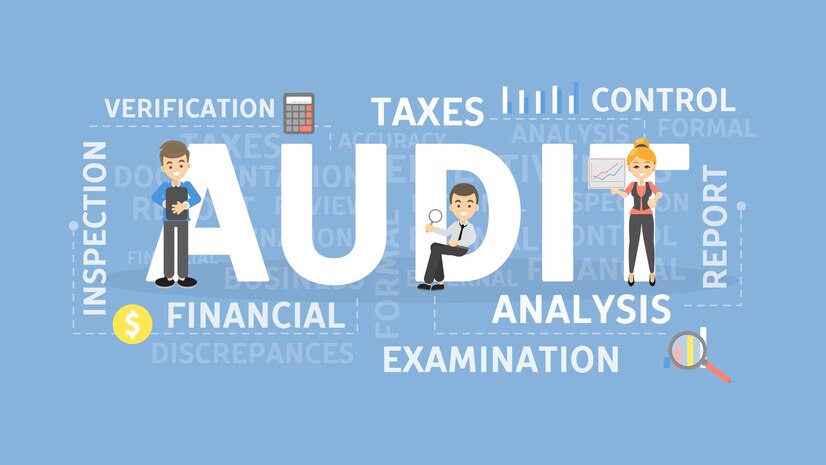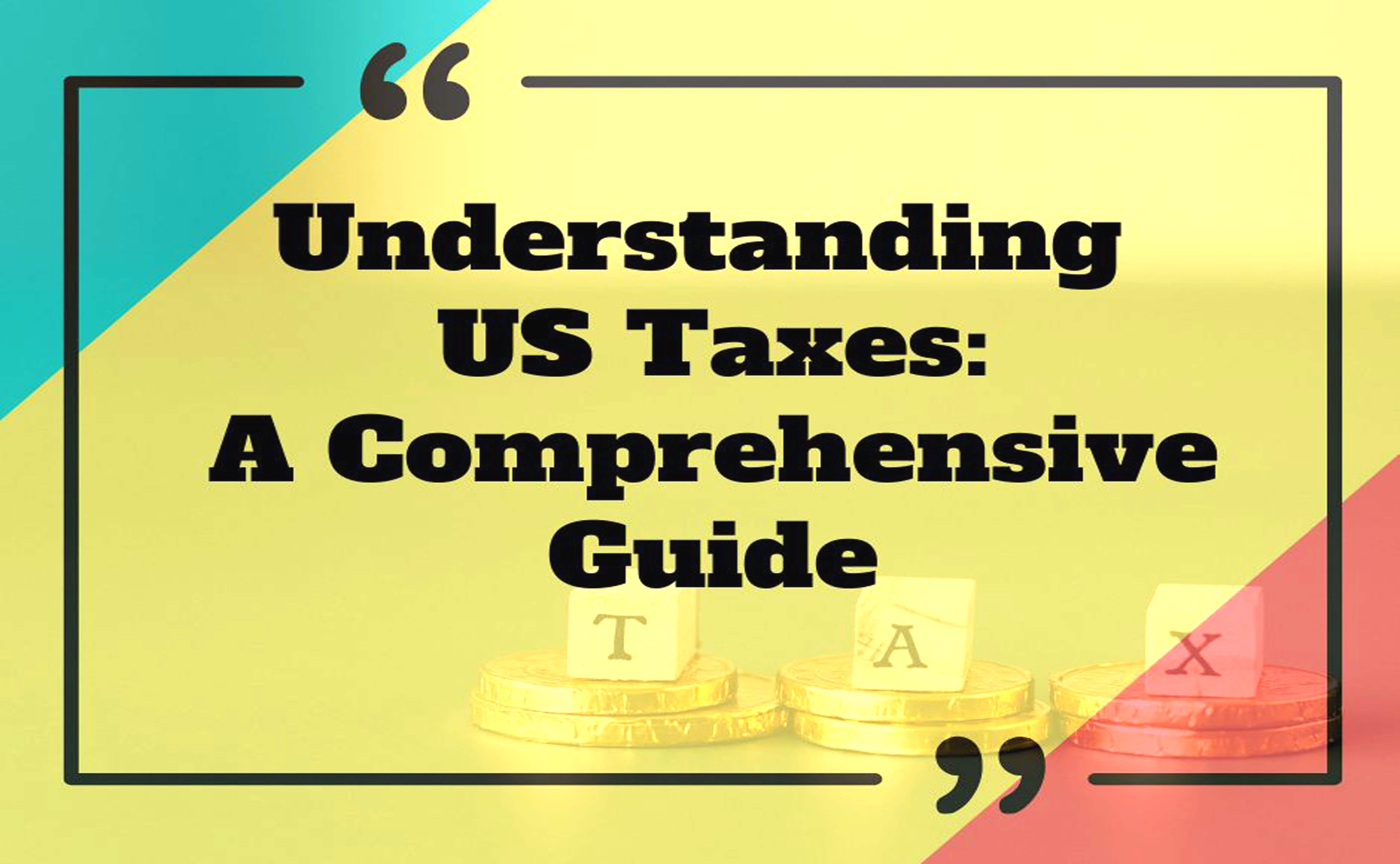Top Accounting Tips
This blog provides essential accounting tips to help US businesses stay tax-ready. It covers topics such as organizing financial records, leveraging t...

Tax season can be an overwhelming time for many, but understanding the various tax deductions and credits available on Form 1040 can significantly reduce your tax liability and maximize your returns. These tax benefits are designed to incentivize certain behaviors and provide relief for specific expenses. In this guide, we'll explore the most useful deductions and credits that can help you save money and make tax season less daunting.
Tax deductions reduce your taxable income, which in turn lowers the amount of tax you owe. Here are some of the most common and beneficial deductions available on Form 1040:
The standard deduction is a fixed amount that taxpayers can subtract from their income, reducing their taxable income. For 2024, the standard deduction amounts are $13,850 for single filers and $27,700 for married couples filing jointly. Most taxpayers opt for the standard deduction because it simplifies the filing process and provides a substantial reduction in taxable income.
If your qualifying expenses exceed the standard deduction, you might benefit from itemizing your deductions. Itemized deductions include a variety of expenses that you can subtract from your taxable income:
Mortgage Interest: Interest paid on a mortgage for your primary residence or a second home can be deducted.
State and Local Taxes (SALT): You can deduct up to $10,000 in state and local income, sales, and property taxes.
Medical Expenses: Medical and dental expenses that exceed 7.5% of your adjusted gross income (AGI) can be deducted.
Charitable Contributions: Donations to qualified charitable organizations can be deducted, providing an incentive for philanthropy.
Contributions to retirement accounts like 401(k)s or IRAs can be deducted from your taxable income. For example, contributions to a traditional IRA can reduce your taxable income, allowing you to save for retirement while enjoying immediate tax benefits.
Certain education-related expenses, such as tuition and fees, can be deducted. The Tuition and Fees Deduction allows for up to $4,000 in qualifying expenses, making higher education more affordable.
Other deductible expenses may include job search costs, union dues, and certain unreimbursed business expenses. These miscellaneous deductions can add up and provide additional tax relief.
Tax credits directly reduce the amount of tax you owe and are often more beneficial than deductions. Here are some key credits to consider:
The EITC is a refundable credit for low-to-moderate-income working individuals and families, particularly those with children. The amount of the credit varies based on income, filing status, and number of children. This credit can significantly boost your refund or reduce the amount of tax you owe.
This credit provides up to $2,000 per qualifying child under the age of 17. A portion of the credit is refundable, meaning you could receive a refund even if you don’t owe any tax. Additionally, there is a non-refundable credit of $500 for other dependents.
American Opportunity Credit (AOC): Worth up to $2,500 per eligible student, this credit covers qualified education expenses for the first four years of higher education. It includes expenses like tuition, fees, and course materials.
Lifetime Learning Credit (LLC): Worth up to $2,000 per tax return, this credit can be used for tuition and related expenses for undergraduate, graduate, and professional degree courses. Unlike the AOC, there is no limit on the number of years you can claim the LLC.
Credits are available for certain energy-efficient home improvements, such as installing solar panels, energy-efficient windows, or heating and cooling systems. These credits not only reduce your tax liability but also promote environmental sustainability.
This credit is available to low- and moderate-income taxpayers who contribute to retirement accounts. The credit is worth up to 50% of your contributions, with a maximum credit of $2,000 for individuals and $4,000 for married couples filing jointly.
Understanding and utilizing tax deductions and credits available on Form 1040 can significantly reduce your tax liability and increase your savings. It’s essential to stay informed about the various tax benefits available and to consult with a tax professional to ensure you’re making the most of them. By taking advantage of these deductions and credits, you can make tax season a little less daunting and a lot more rewarding.
Remember, every taxpayer's situation is unique, so it’s important to carefully review your eligibility for each deduction and credit. With the right knowledge and planning, you can optimize your tax strategy and keep more of your hard-earned money.

This blog provides essential accounting tips to help US businesses stay tax-ready. It covers topics such as organizing financial records, leveraging t...

Small businesses in America enjoy various tax benefits that help reduce their financial burdens and support growth. These include deductions for busin...

This blog explores essential tips for expatriates navigating the US tax system, covering residency status, tax treaties, deductions like the Foreign E...

Understanding U.S. tax laws is vital for both compliance and maximizing financial savings. This comprehensive guide simplifies the complexities of the...

Learn how to make tax season stress-free in 2025 with expert tips on staying organized, leveraging deductions, and avoiding common pitfalls. Simplify...

Automation is transforming tax preparation by enhancing accuracy, efficiency, and compliance. Automated systems reduce errors, save time, and stay upd...

Navigating taxes can be challenging for freelancers and small business owners. This blog provides essential tax strategies to maximize savings and ens...

Preparing for a successful financial year-end close is crucial for maintaining the financial health of your business. This process involves reviewing...

This comprehensive guide offers invaluable tips and strategies to help you save on taxes. From understanding deductions and credits to contributing to...

Avoid common tax pitfalls this season! Our latest blog "Top 5 Tax Mistakes to Avoid This Year" offers essential tips to help you file accurately and m...

Effective tax planning is essential for small business owners to minimize liabilities and maximize deductions. In this blog, we explore key strategies...

Unlock the potential for your small business growth by understanding and leveraging various tax credits. This blog explores key tax credits such as th...

Tax season can be overwhelming, but with the right strategies, you can make the most of your tax return. Our comprehensive guide offers valuable tips...

Discover the top tax deductions available for small businesses in the United States. This comprehensive guide helps small business owners navigate the...

Learn everything you need to know about filling out IRS Form 8862 to reclaim disallowed tax credits. Our step-by-step guide will help you navigate the...

In the digital age, protecting sensitive financial information is paramount for tax accounting firms. This blog explores the importance of cybersecuri...

This blog provides a comprehensive guide for new taxpayers to navigate the US tax system. It covers essential topics such as federal and state taxes,...

Navigating tax season can be daunting, but an accountant's expertise can make all the difference. This blog explores how accountants help individuals...

Discover how global accounting services can streamline your international business operations. Learn about the benefits, challenges, and why Winx Glob...

Discover the critical importance of historical accounting cleanup in ensuring financial accuracy and reliability. This blog explores the common issues...

Migrating to a new accounting system can be a complex and daunting task for businesses. This comprehensive guide provides step-by-step instructions to...

Effective management of Accounts Payable (AP) and Accounts Receivable (AR) is critical for maintaining healthy cash flow and ensuring business success...

Discover the essential steps to reclaim your refundable tax credits after they’ve been disallowed. This comprehensive guide will help you navigate the...

Unlock the secrets to a smooth and efficient month-end close process with our essential guide. Tailored for businesses in the USA and Canada, this blo...

Financial modeling is a vital tool for businesses in the USA, enabling informed decision-making, strategic planning, and risk management. This blog ex...

Dive into our comprehensive guide on US tax planning and preparation. Learn about the different types of taxes, effective planning strategies, and ste...

Discover simple and effective strategies to reduce your tax burden in 2025. From maximizing retirement contributions to leveraging tax credits and ite...

Preparing for tax season can be stressful, but with the right approach, you can maximize your savings and streamline the process. This blog provides a...

If you're a small business owner transitioning from Bench Accounting due to its shutdown, don't worry—Winx Global has you covered. This blog outlines...

As bench clients transition to wind energy, this blog explores the reasons behind the shift, the steps involved in making the change, and real-world e...

Explore the impact of Bench Accounting's sudden shutdown on your business, including data access issues, bookkeeping interruptions, and tax preparatio...

Discover how to navigate the sudden shutdown of Bench Accounting. This comprehensive guide covers the impact on businesses, immediate steps to secure...

Discover how you can maximize your tax savings with our comprehensive guide. Learn the ins and outs of key tax deductions and credits that can signifi...

Explore how to reclaim your tax credits using IRS Form 8862. This guide covers eligibility, filing steps, common mistakes, and important consideration...

Discover everything you need to know about Schedule C (Form 1040), the essential tax form for sole proprietors. This comprehensive guide covers who ne...

Understanding Tax Form "Schedule A": Discover how to navigate Tax Form "Schedule A" to maximize your deductions and reduce your taxable income. Learn...

Understanding IRS Form W-4: Your Guide to Withholding Allowances Form W-4 is a critical tax document that helps U.S. employees determine how much fed...

Form W-2, also known as the Wage and Tax Statement, is a vital document for U.S. employees and employers. It summarizes an employee's earnings and the...

Discover the top tax deductions for 2024 and learn how to maximize your savings! Our comprehensive guide covers key deductions, from standard and home...

This blog provides actionable strategies to save on taxes in the USA, including maximizing retirement contributions, leveraging health savings account...

Tax season can be confusing, but understanding the various U.S. tax forms is crucial for filing accurately and maximizing your returns. This comprehen...

Dive into this comprehensive guide on IRS Form 1040, the key to filing your federal income taxes. Learn about its history, sections, important deadlin...

Taxation is the process by which governments collect revenue from individuals and businesses to fund public services and infrastructure. There are var...

"Mastering Tax Preparation: Strategies for U.S. Taxpayers" Get ready for tax season with our comprehensive guide on tax preparation tailored for U.S....

This comprehensive guide demystifies the complex world of US taxes, covering various tax types, the intricacies of tax brackets, essential tips for fi...

Navigating the US tax season can be challenging, but with proper preparation and knowledge, it doesn't have to be. This comprehensive guide covers eve...

Discover the essential guide to 1099 filing requirements and deadlines for 2024. Learn about different 1099 forms, key filing dates, penalties for lat...

USA Tax Advisory: Navigating New Tax Laws for Smart Financial Planning Stay ahead with expert insights on the latest USA tax law changes for 2024. Th...

Join Winx Global as we reflect on a year of growth and express our heartfelt gratitude to our clients, partners, and team members this Thanksgiving.

Winx Global stands out as the premier accounting firm in the US, offering a comprehensive range of financial services designed to meet both personal a...

Winx Global Bookkeeping Services At Winx Global, we provide professional bookkeeping and accounting services designed to support small businesses in...

Offshore Accounting Partner: A Strategic Move for Business Growth Partnering with an offshore accounting firm can provide businesses with cost savi...